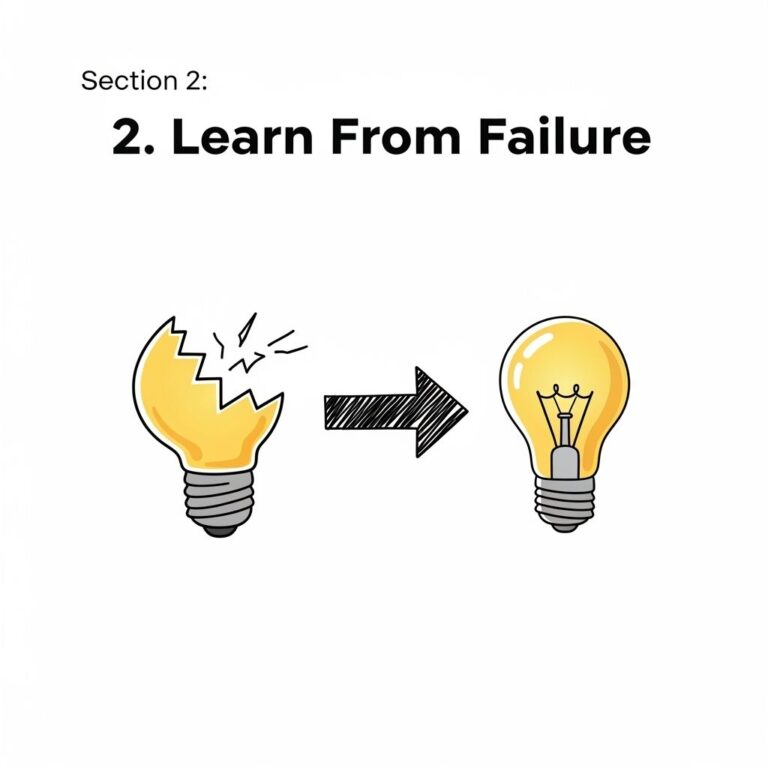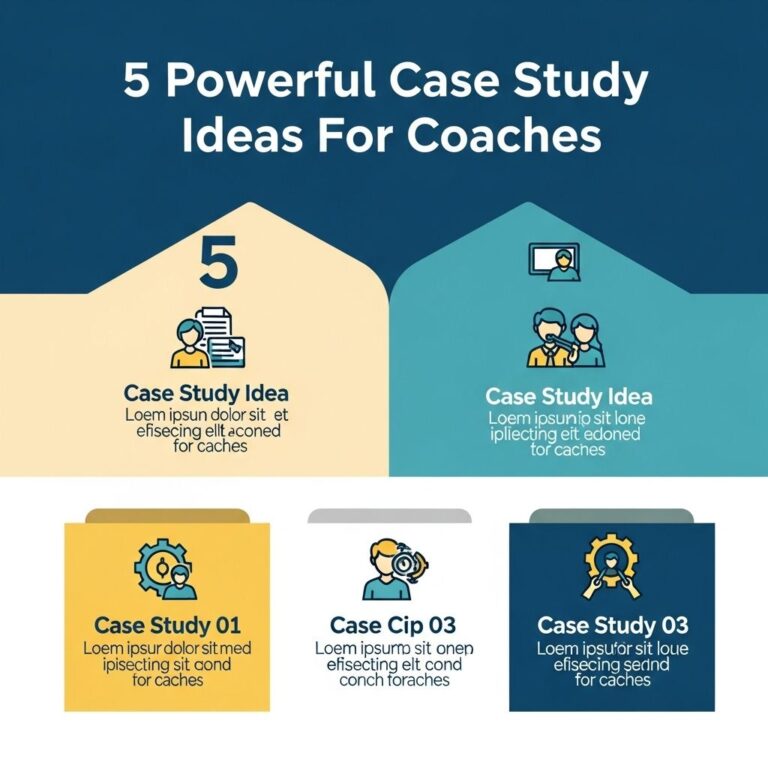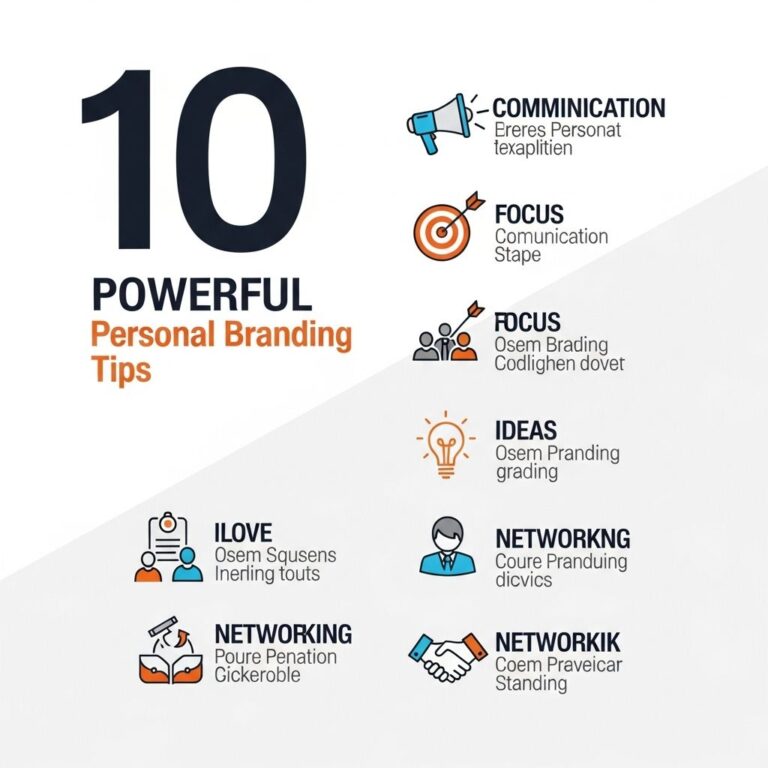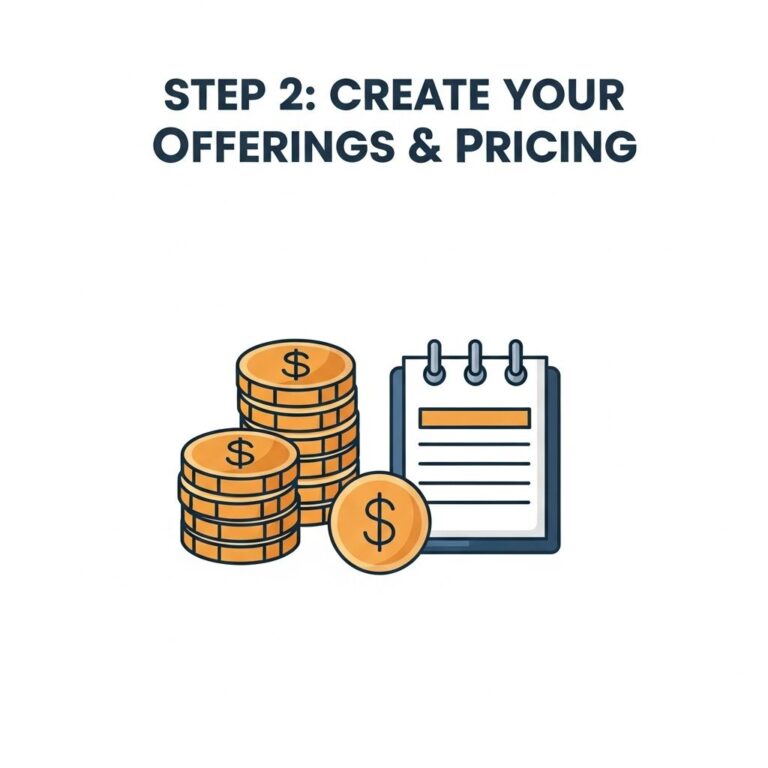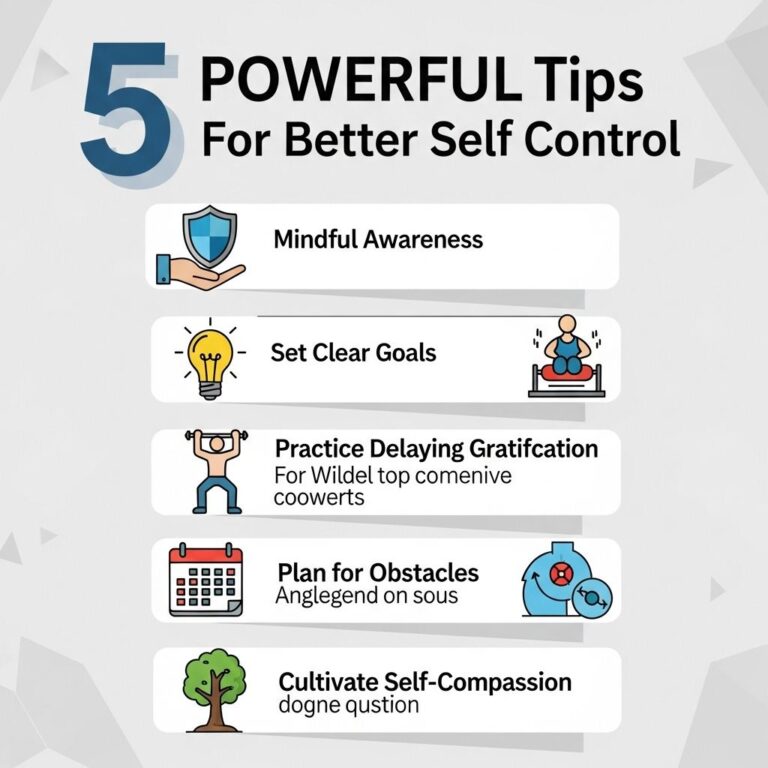In today’s digital age, personal branding has become a crucial element in standing out in a crowded marketplace. Whether you’re a freelancer, entrepreneur, or professional seeking career advancement, establishing a strong personal brand can significantly impact your visibility and reputation. This article explores ten effective personal branding ideas that can help you develop a unique identity and connect with your target audience.
Table of Contents
Understanding Personal Branding
Before delving into the strategies, it’s essential to grasp what personal branding entails. Personal branding is the practice of marketing yourself and your career as a brand. It’s about telling your story, showcasing your expertise, and building trust with your audience. By effectively managing your personal brand, you can influence how others perceive you and create opportunities for yourself.
The Importance of Personal Branding
- Visibility: A strong personal brand increases your visibility in your industry.
- Trust and Credibility: Establishing a recognizable brand fosters trust and credibility among peers and clients.
- Career Opportunities: A well-crafted personal brand can open doors to job offers, collaborations, and partnerships.
1. Define Your Unique Selling Proposition (USP)
Your USP is what makes you stand out from others in your field. To articulate your USP, consider the following questions:
- What skills do you possess that are rare?
- What experiences differentiate you from your competitors?
- What are your passions and how do they align with your professional goals?
2. Create a Professional Website
A professional website acts as your digital portfolio and is an essential component of your personal brand. Here’s what to include:
- About Me: Share your story, expertise, and what drives you.
- Portfolio: Showcase your work, projects, and achievements.
- Blog: Regularly write articles to demonstrate your knowledge and insights in your field.
3. Leverage Social Media Platforms
Social media is a powerful tool for personal branding. Here are top platforms to consider:
| Platform | Purpose | Best Practices |
|---|---|---|
| Professional networking | Optimize your profile, engage with industry content | |
| Quick updates and engagement | Share insights, connect with influencers | |
| Visual storytelling | Post behind-the-scenes content, share personal stories |
4. Network Strategically
Building relationships is crucial for personal branding. Consider these networking strategies:
- Attend industry conferences and workshops.
- Join online forums and communities related to your niche.
- Engage with influencers and thought leaders on social media.
5. Create Valuable Content
Content is king in the world of personal branding. To establish authority in your field, consider:
- Blogging: Write thought-provoking articles that showcase your expertise.
- Video Content: Create videos or webinars that educate your audience.
- Podcasts: Share discussions and interviews to reach a broader audience.
6. Gather Testimonials and Endorsements
Positive feedback from clients or colleagues can enhance your credibility. Consider these approaches:
- Request testimonials from satisfied clients.
- Ask for endorsements on LinkedIn from peers.
- Showcase case studies that highlight your successes.
7. Maintain Consistency Across Channels
Consistency is key in personal branding. Ensure that:
- Your messaging aligns across all platforms.
- Your visual branding (logos, color schemes) matches.
- Your voice and tone remain consistent in all communications.
8. Engage with Your Audience
Building a personal brand is not just about promoting yourself; it’s also about engagement. Here’s how to connect:
- Respond to Comments: Engage with comments on social media and your blog.
- Host Q&A Sessions: Utilize live streams to answer audience questions.
- Participate in Discussions: Join conversations on industry topics to show your expertise.
9. Invest in Personal Development
Your personal brand reflects your growth and learning. Consider these development strategies:
- Take online courses to enhance your skills.
- Read books and follow industry leaders to stay updated.
- Seek mentorship from experienced professionals.
10. Monitor and Adapt Your Brand
Finally, continuously monitor your brand’s effectiveness. Utilize tools like:
- Google Alerts to track mentions of your name.
- Social media analytics to evaluate engagement.
- Surveys to gather feedback from your audience.
By regularly assessing your brand, you can make necessary adjustments to keep it relevant and impactful.
Conclusion
Building a personal brand takes time and effort, but the rewards can be substantial. By implementing these ten strategies, you can create a unique identity that resonates with your audience and positions you for success in your career. As you embark on this journey, remember that authenticity is vital—be true to yourself, and your brand will reflect that authenticity, attracting the right opportunities and connections along the way.
FAQ
What are effective personal branding ideas?
Effective personal branding ideas include creating a professional website, utilizing social media platforms, networking both online and offline, showcasing your expertise through content creation, and maintaining a consistent visual identity.
How can I build my personal brand online?
You can build your personal brand online by optimizing your social media profiles, sharing valuable content related to your niche, engaging with your audience, and participating in relevant online communities.
Why is personal branding important?
Personal branding is important because it helps establish your reputation, differentiate you from competitors, builds trust with your audience, and can lead to new opportunities in your career or business.
What role does social media play in personal branding?
Social media plays a crucial role in personal branding as it provides a platform to share your story, connect with your audience, showcase your skills, and promote your personal projects or services.
How do I identify my unique selling proposition (USP) for personal branding?
To identify your unique selling proposition (USP), reflect on your strengths, experiences, passions, and what sets you apart from others in your field. Consider what value you can offer to your audience that no one else can.
Can personal branding help with career advancement?
Yes, personal branding can significantly help with career advancement by increasing your visibility, enhancing your credibility, and attracting potential employers or clients who align with your values and expertise.


